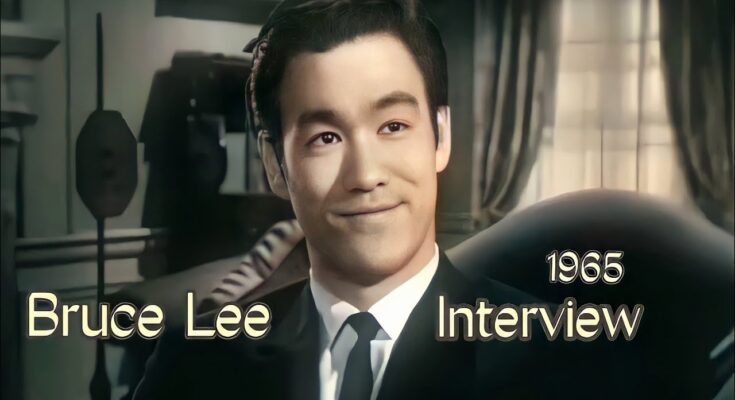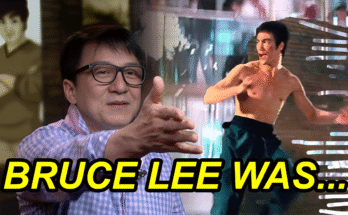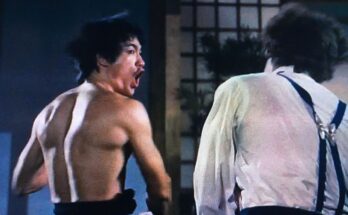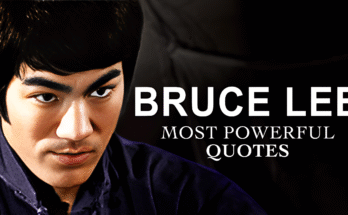Bruce Lee: The Lost Interview is a rare and insightful conversation between Bruce Lee and Canadian journalist

Bruce Lee: The Lost Interview is a rare and insightful conversation between Bruce Lee and Canadian journalist Pierre Berton, filmed in December 1971 in Hong Kong. This interview is notable as Lee’s only known English-language television interview. Originally aired once, the footage was considered lost for over two decades until its rediscovery and re-airing in 1994.
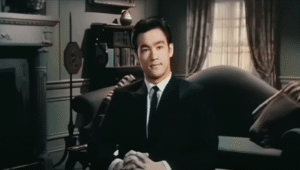
In The Lost Interview, Bruce Lee offers a deeply personal and revealing look into his experiences as both a martial artist and a film actor navigating the complexities of language, identity, and cultural perception. He begins by discussing the unique challenges he faced with language in his film career. Although fluent in Cantonese, Lee openly admits he did not speak Mandarin, the dominant language in many of the Hong Kong films he starred in. To overcome this, he would mouth the words during filming, and his voice would later be dubbed by another actor. This reveals not only the technical hurdles he had to manage but also his determination to succeed in a competitive and linguistically diverse industry.
Lee also reflects on his path from martial arts into acting, describing it as an unexpected yet natural progression. He explains that he never imagined his passion for martial arts would open the door to a global film career. Nevertheless, his background in martial arts became central to his work as both an actor and a choreographer, influencing his performance style and personal philosophy. Importantly, Lee takes pride in the fact that he never used stunt doubles in any of his films, emphasizing his dedication to realism and his personal involvement in every movement on screen.
The conversation goes further to explore Lee’s perspective on racial and cultural representation in Hollywood. As an Asian actor in a predominantly white industry, he discusses the limited roles available to people of Asian descent and how those roles were often shaped by stereotypes. He challenges the system that boxed Asian actors into narrow portrayals and expresses a desire to break free from those constraints through his own work, paving the way for more authentic and diverse representation.
Perhaps the most enduring aspect of the interview is Lee’s discussion of his personal philosophy. He emphasizes the importance of being true to oneself, adapting to circumstances, and maintaining emotional and mental fluidity. His now-iconic metaphor “Be like water” illustrates this belief—encouraging others to remain flexible, resilient, and formless so they can flow and adapt to any situation. For Lee, martial arts was more than combat; it was a discipline for self-discovery, growth, and harmony. The interview captures not just Bruce Lee the actor or fighter, but Bruce Lee the thinker, offering timeless wisdom that continues to resonate well beyond the martial arts world.
